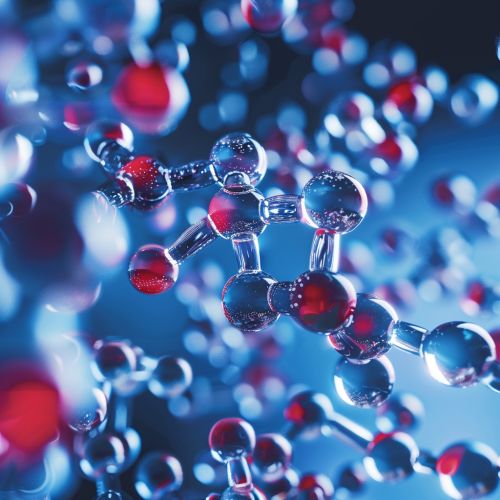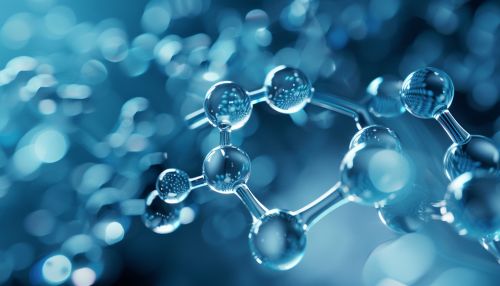Ornithine
Overview
Ornithine is a non-proteinogenic amino acid that plays a critical role in the urea cycle, acting as an intermediary in the detoxification of ammonia and the production of urea. Ornithine is not directly incorporated into proteins but is used in various metabolic processes.


Biochemistry
Ornithine is synthesized in the body through the glutamate pathway, primarily in the liver and to a lesser extent in the intestines. The enzyme ornithine transcarbamylase is crucial in this process, catalyzing the condensation of ornithine and carbamoyl phosphate to form citrulline, a key step in the urea cycle.
Role in the Urea Cycle
In the urea cycle, ornithine is converted into citrulline, which is then converted into arginine. Arginine is cleaved by the enzyme arginase to produce urea and regenerate ornithine, completing the cycle. This process is essential for the removal of toxic ammonia from the body.
Clinical Significance
Deficiencies in the enzymes involved in ornithine metabolism can lead to various disorders. For example, a deficiency in ornithine transcarbamylase can result in ornithine transcarbamylase deficiency, a rare genetic disorder characterized by an inability to effectively eliminate ammonia from the body.
Dietary Sources and Supplements
Ornithine can be obtained from various dietary sources, including meat, fish, dairy products, and eggs. It is also available as a dietary supplement, often marketed for its potential benefits in promoting muscle growth and improving athletic performance, although scientific evidence supporting these claims is limited.
Pharmacology
Ornithine is a precursor to several important compounds in the body, including proline and polyamines, which are involved in protein synthesis and cell growth, respectively. It is also used in the production of glutamate, a key neurotransmitter.
